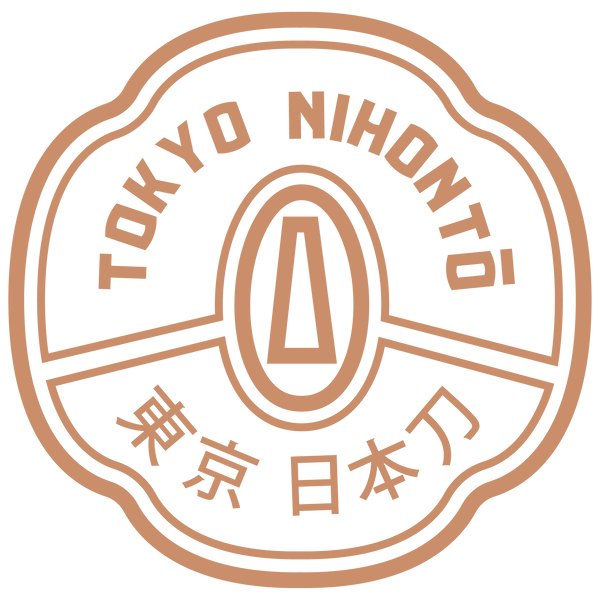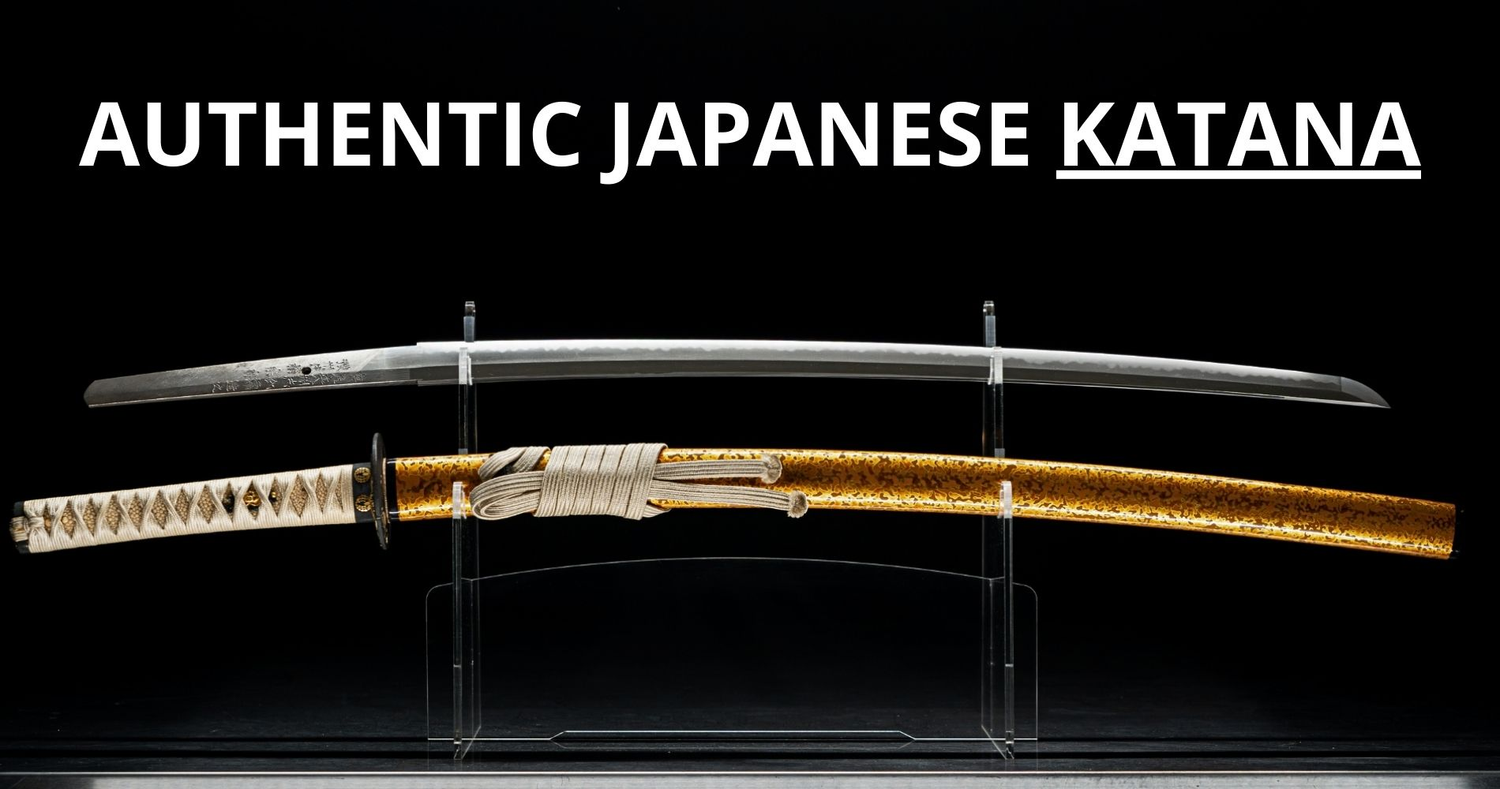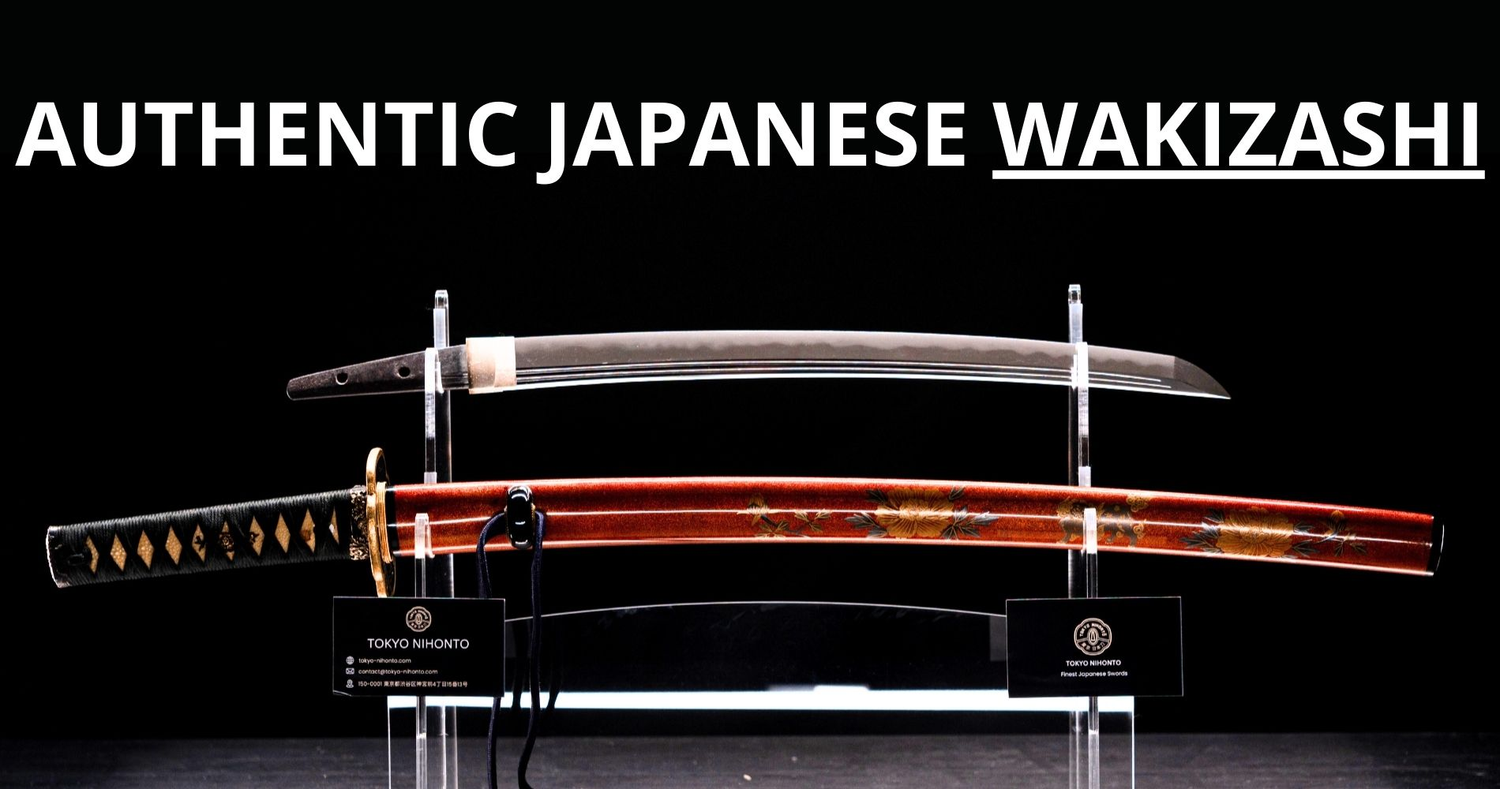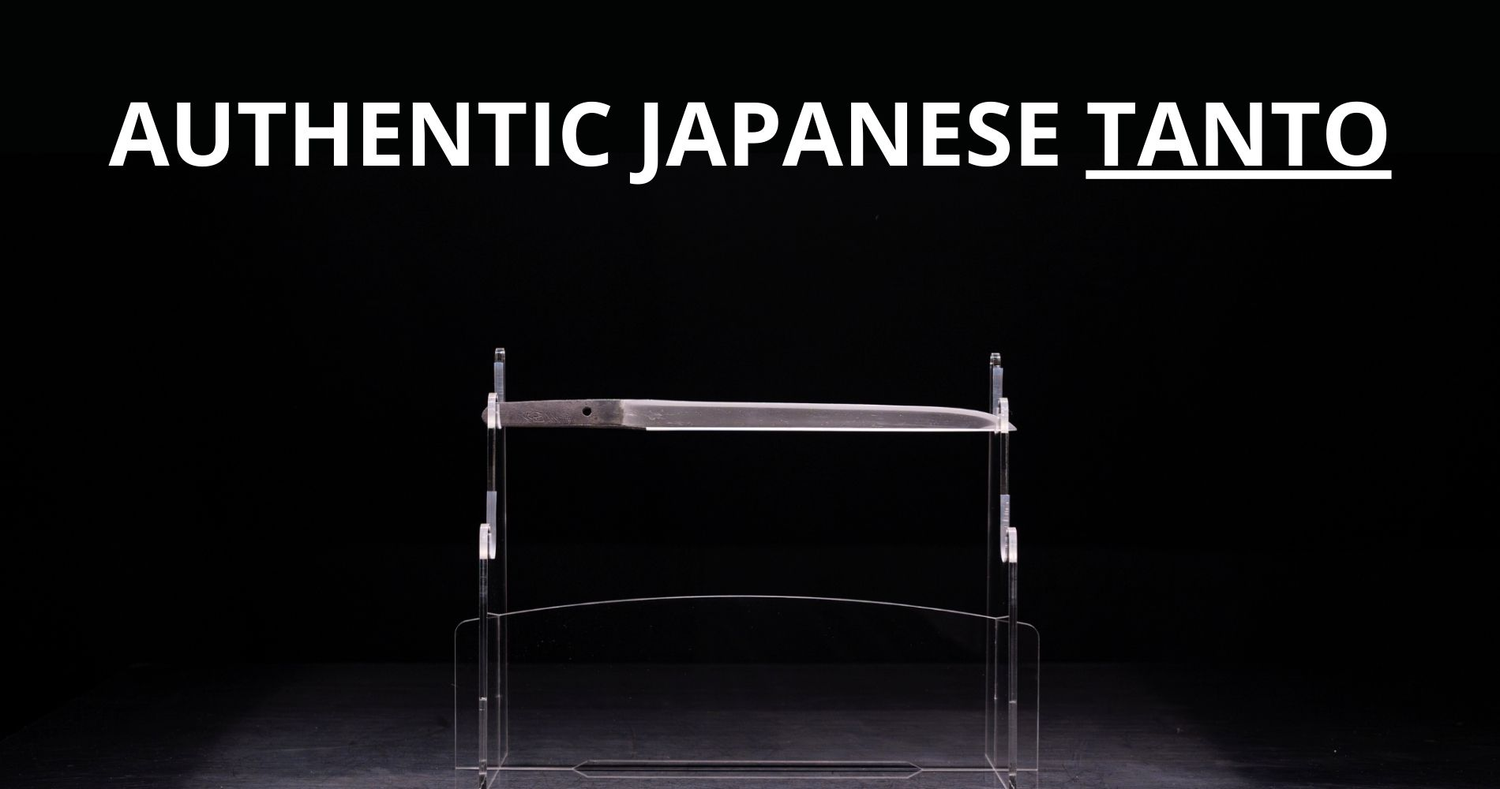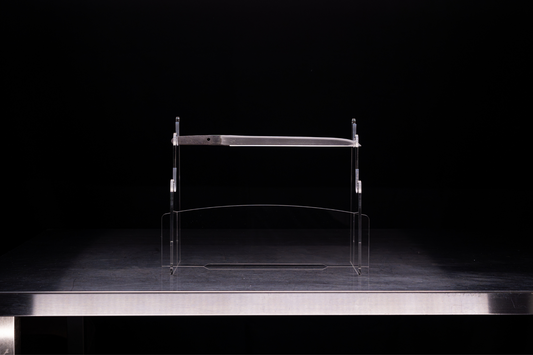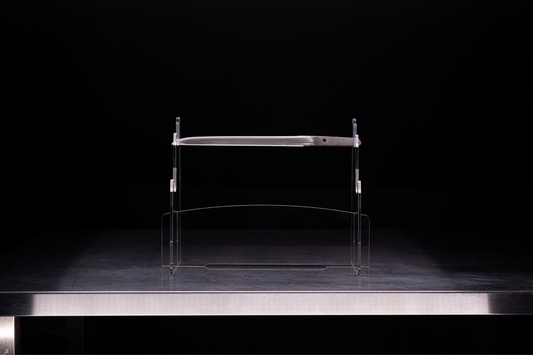-
Antique Japanese Sword by Tanto Uda Kunitsugu
Vendor:Tokyo NihontoSOLDSOLD
Our authentic Japanese tanto will deepen your understanding and appreciation of the mythical Samurai warrior culture. It is as elegant as the katana and functionally at par with the wakizashi. Despite their dagger-like size, genuine tanto swords command respect and draw admiration. And when you check our collection, you will see the Samurai’s enduring legacy, revered traditions, and meticulous craftsmanship in every tanto.
Tanto: Greatness Comes from Small Things
The Ikigai philosophy is deeply ingrained in Japanese culture. It encourages everyone to discover the things that matter to them and lead a more purposeful life. That belief system is also central to the Samurai code.
It doesn’t matter if a real Japanese tanto is a dwarf compared to other authentic Japanese swords. What matters is its purpose. It symbolizes honor and dedication to the warrior’s way of life.
The Evolution of the Samurai Tanto
Traditional Japanese tanto entered the scene during the Heian Period as a warrior’s dagger, robbed of aesthetics, and focused more on function. It was the equivalent of the wakizashi as a companion sword to the Tachi.
During the Kamakura Period, the tanto became more ornate, with uchi-son and hira tanto being the more popular styles. Its blade became wider and longer, mimicking a miniature Tachi.
Constant turmoil during the Muromachi Period meant that Japanese swordsmiths had to take shortcuts in their processes to keep up with increased demand. Still, custom Samurai tanto were high-quality.
The Momoyama Period saw the Samurai preferring the katana-wakizashi combination to the tachi-tanto tandem. Although the peaceful reign of the Tokugawa Shogunate meant blades were no longer needed, tanto and other Samurai swords remained crucial for ceremonies and rituals.
Tanto Craftsmanship: The Ultimate Display of Artistic Skills
From mere tools of battle to open canvases of artistic inclinations, the tanto is a moving reflection of Japanese swordsmithing skills.
Following traditional swordmaking practices, swordsmiths toiled night and day melting, hammering, and folding scorching hot tamahagane steel before passing the tanto to other craftspeople for the embellishments and finishing.
An authentic Samurai tanto has the following features.
- Predated the katana and wakizashi
- Straight, single- or double-edged 6 to 12-inch-long blade
- Genuine Samurai tanto daggers are pre-Edo Period and between the Meiji Era and pre-World War II
- Has several blade types or styles (i.e., hira, shinogi, and shobu)
- Koshirae can have handguards or none
Tanto in the 21st Century
The ancient Japanese samurai tanto became the point style of 20th-century tactical knives used mainly by special forces units.
Although modern tanto-point tactical knives don’t resemble the original Japanese tanto, their inspirational design made stabbing or piercing more efficient, allowing its wielder to incapacitate an opponent with a single strike to a vulnerable spot.
Custom Japanese tanto remains a sought-after knife among collectors and fans of everything Samurai. It’s an artwork of immeasurable beauty and a cultural icon with stories of Japan’s legendary warrior heritage.
Factors to Consider When Buying Authentic Tanto
Learning how to buy authentic Japanese tanto is easy with the following considerations.
Authenticity
Whether you buy from an authentic Japanese tanto shop or an online seller doesn't matter. Buyers must ask for proof that the tanto is authentic. Look for certificates of authenticity from credible Japanese sword and art organizations.
Blade quality
It’s often impossible to assess this attribute when you buy authentic Japanese tanto online. It only works when purchasing from a physical store. Alternatively, the sword documentation can be an excellent indicator of blade quality.
Tang inscriptions
Original Samurai tanto knives have tang inscriptions dating no later than the Sengoku Period. Although some swords were produced between the Meiji Era and 1939, they are not as sought-after as pre-Edo Period pieces.
We at Tokyo Nihonto value your need for high-quality Japanese tanto. This motivates us to curate a collection worthy of display in your home or office. It’s like adding a piece of Japanese history and Samurai warrior culture to your life.
